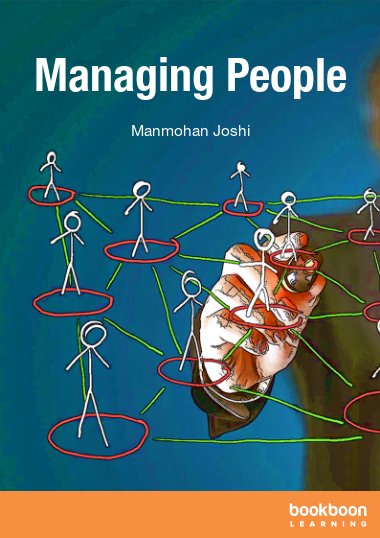Managing people in the modern business environment requires that the manager is able to look after two quite different aspects – the technical or functional aspect which is concerned with the work to be performed by the enterprise or department or section or workgroup, and the managerial aspect which is concerned with the people who are to perform the specified work in the enterprise or department or section or workgroup. A manager must ensure that his/her team must work willingly. For this it is necessary for him/her to recognize what the correct motivation for each member is. A manager should establish a system that is constructive – not obstructive – in which people can hope to perform at their best. He/she should find out where subordinates’ strengths and interest lie, then delegate responsibilities. This book is an attempt to provide some guidelines how to ensure the realization of these aspects.


